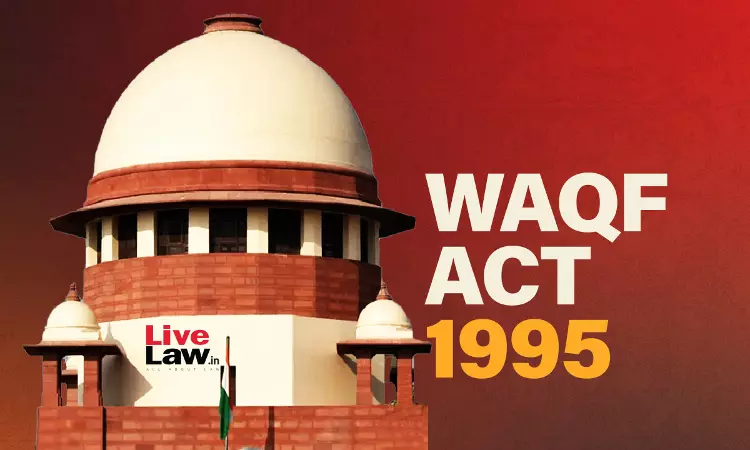Amidst a slew of petitions against the Waqf (Amendment) Act, 2025, a fresh petition has been filed in the Supreme Court challenging the constitutional validity of the parent statute—the Waqf Act, 1995—on the ground that it confers undue benefits on Muslims and discriminates against non-Muslims.Advocates Hari Shankar Jain and Mani Munjal, through AOR Parth Yadav, filed the petition...

